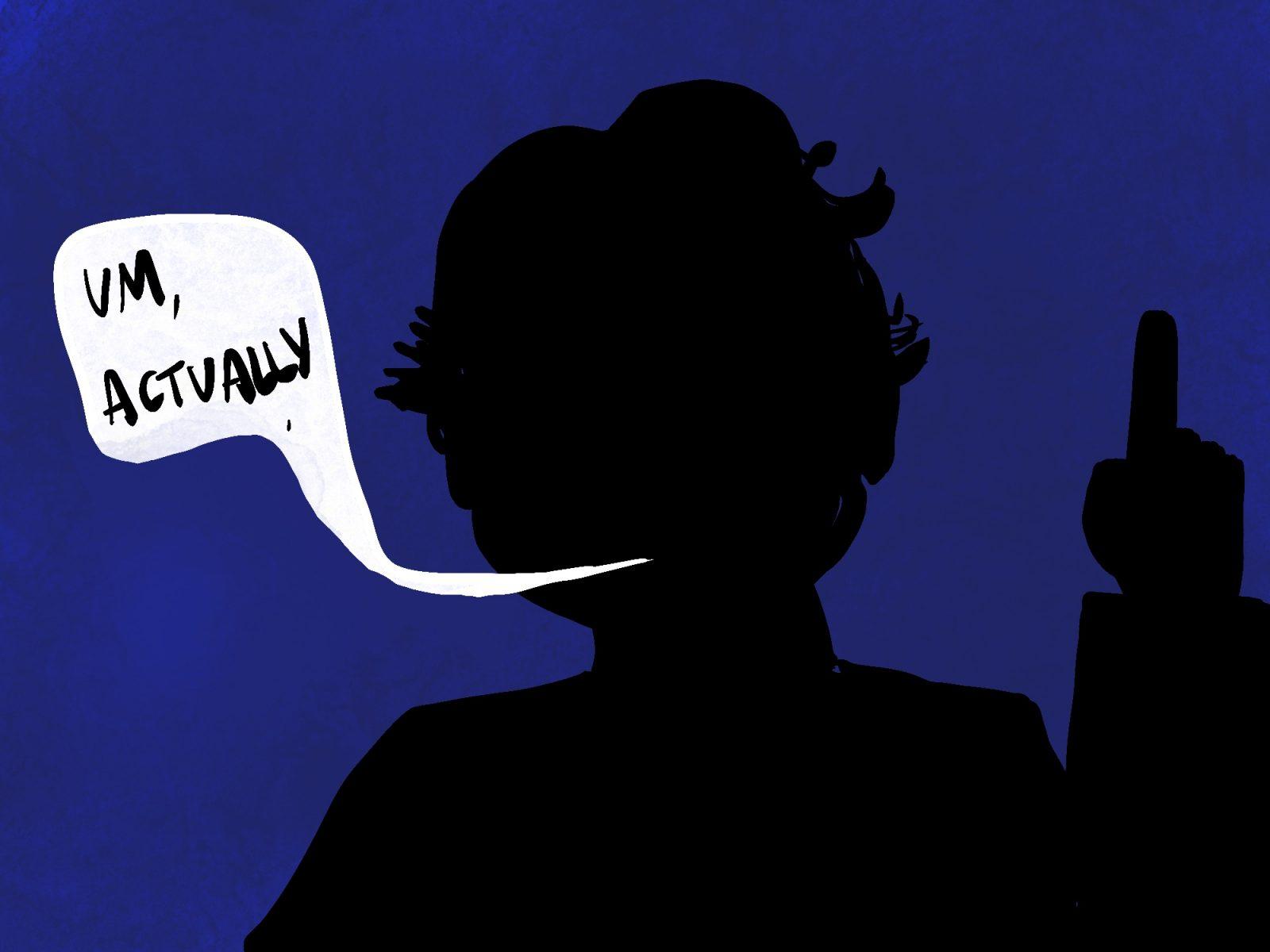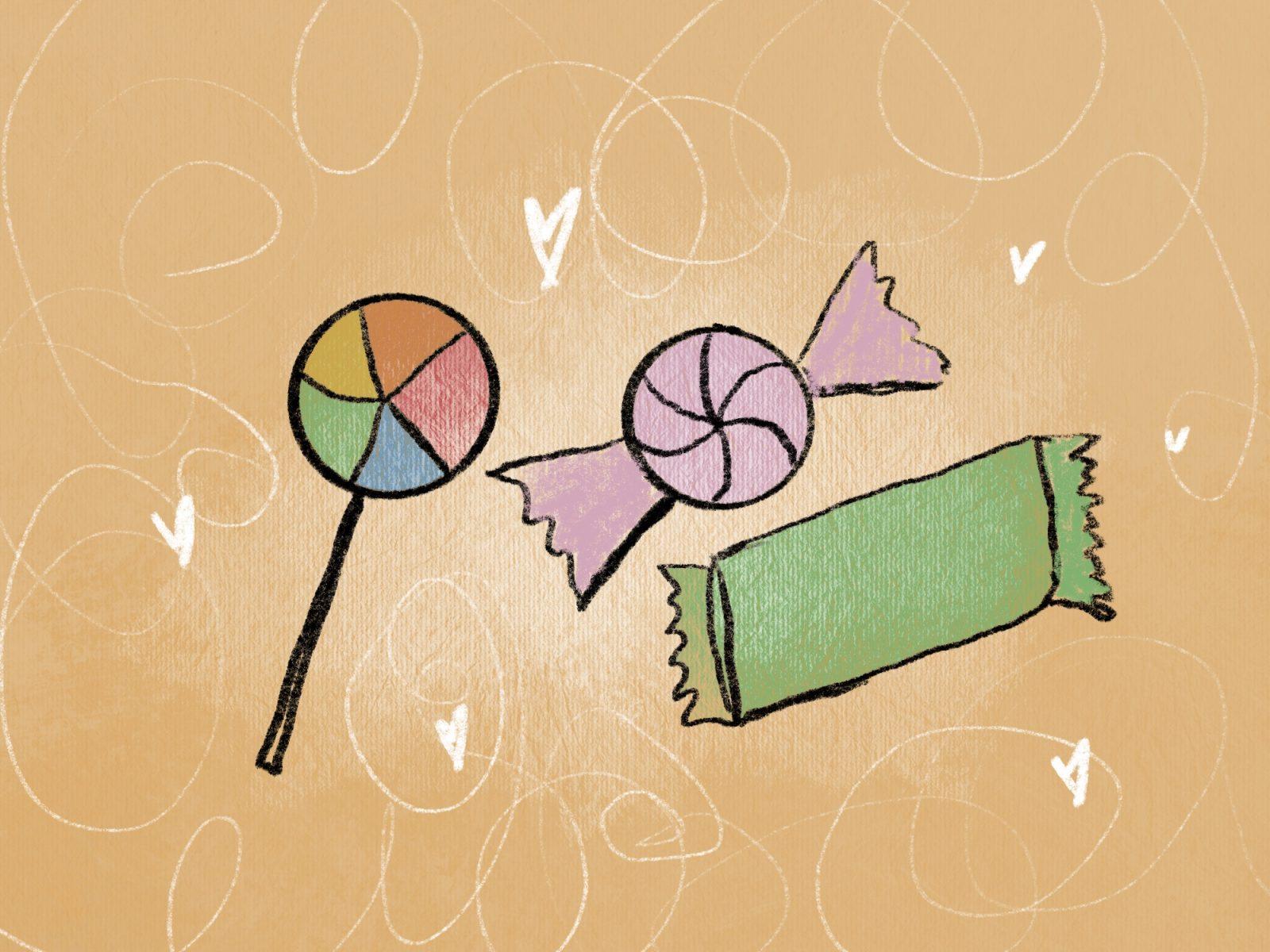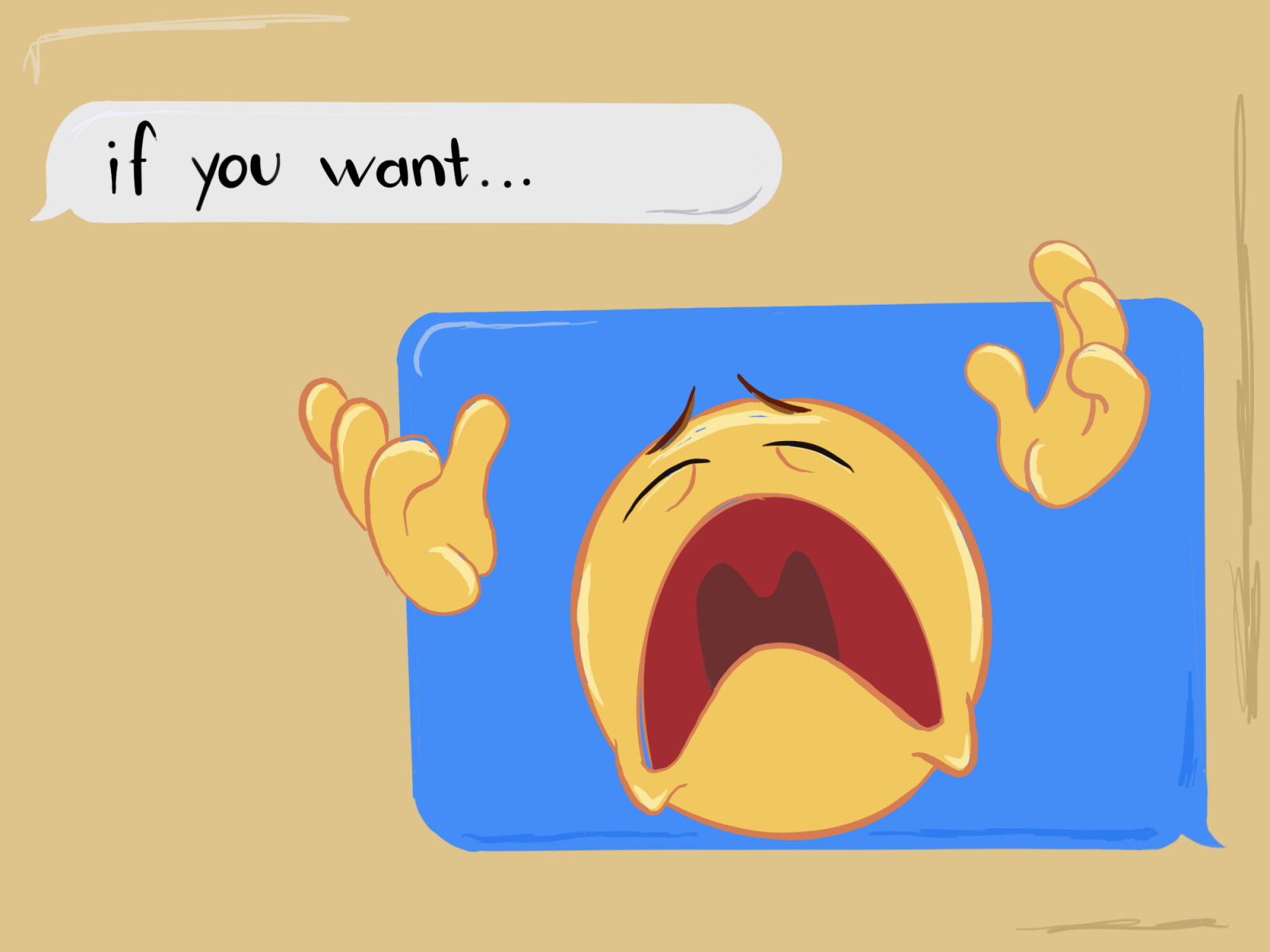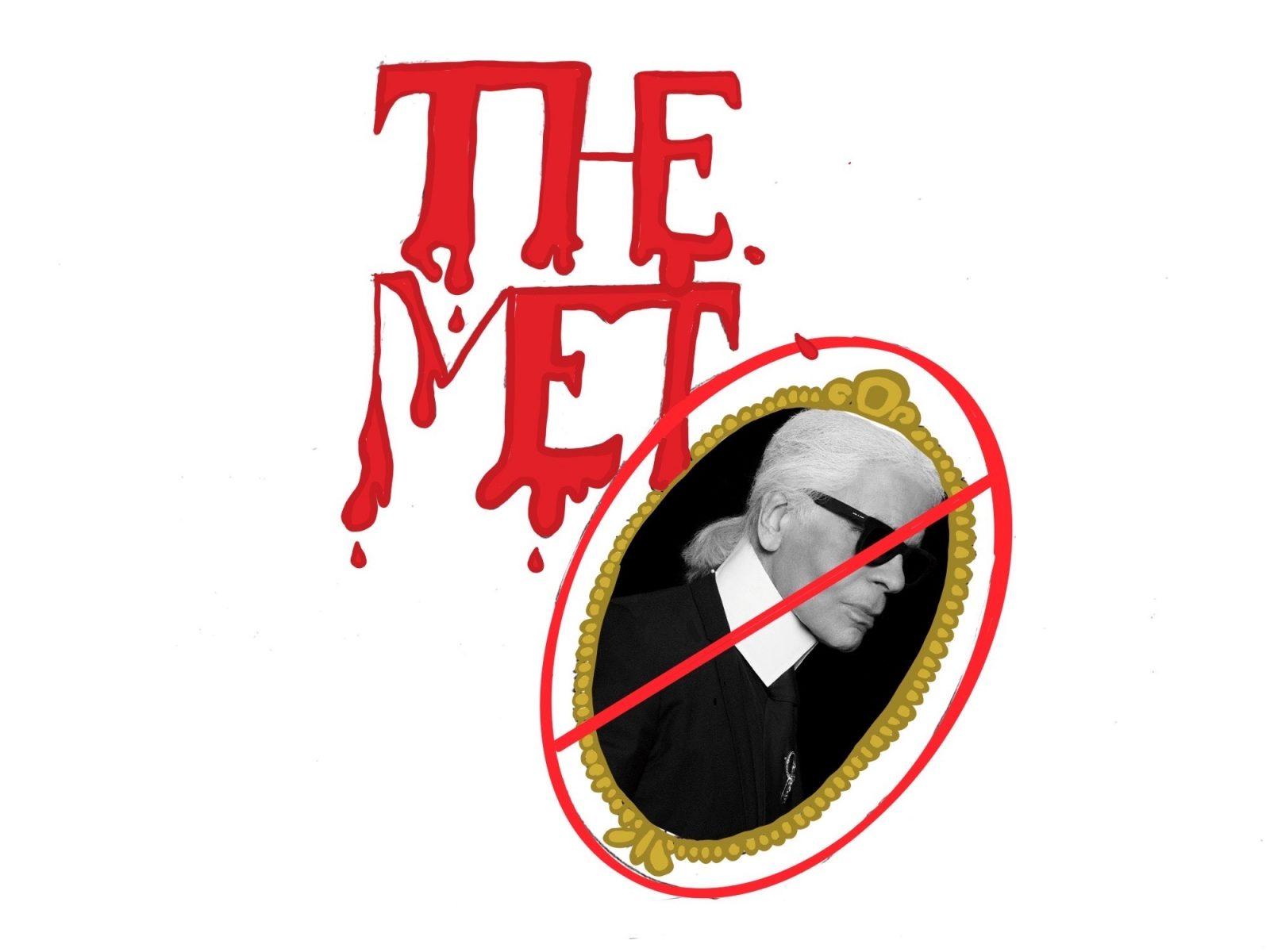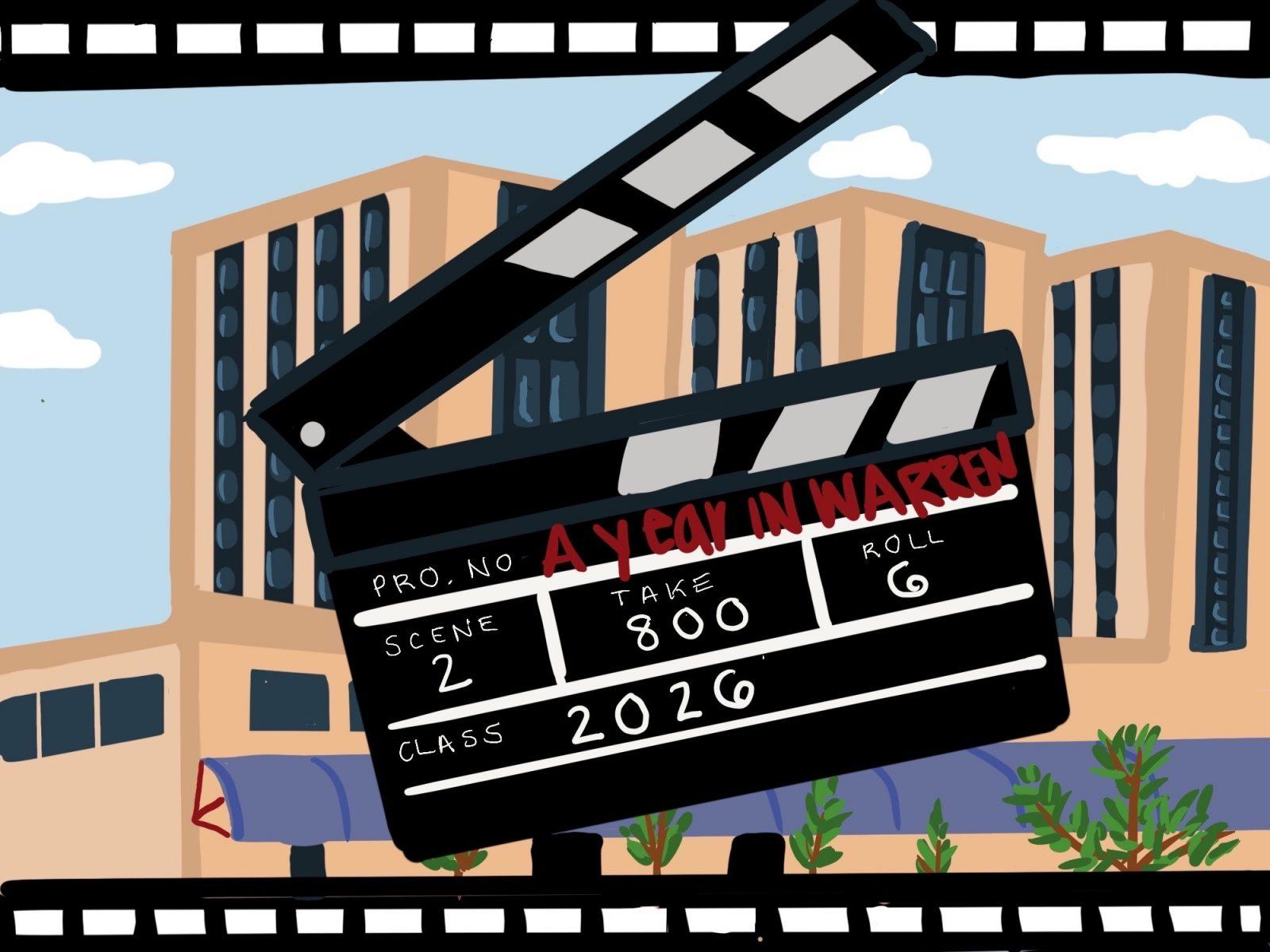Within the realm of science and invention, inspiration can come from just about anywhere. The world is ever-changing, and in order to keep with the times, we must persistently advance as a society.
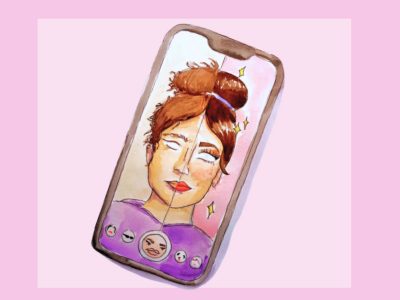
Although there is no doubt that some of the newer creations seen in society are meant for greater convenience and opportunity, I wonder if some of these new innovations cause more problems than they solve.
I often notice the things we produce and construct to improve our quality of life actually do the opposite. They compromise our security, risk our safety and detract from some of the features that make us distinctly human.
One such detrimental innovation is one you can’t really notice at all — well, that is until it goes away.
AI filters go as far back as the infamous dog, flower crown and barfing rainbow Snapchat days. But, as we continue to toy with the limits of technology, the more realistic they become.
And by “realistic” I mean scary-realistic. No, I’m not talking about the “Bold Glamour” filter on TikTok — although that’s creepy for other reasons. What I’m referring to is the beauty filter.
When users go to film a video, they have the option to select the “retouch” button which does exactly what it says — it revamps your entire profile to appear, in effect, perfect.
Unlike the traditional ways of Snapchat filters, which are removed if you move, or your face becomes obstructed, these ones remain exceptionally intact. Instances like these make the innovation even more creepy as the line between what’s real and what has been falsely-constructed becomes blurred.
With one tap of a button, your acne, dark circles, wrinkles and any other imperfections can seemingly disappear — but that’s just your little secret. Although TikTok makes it so that the filter the user is employing is visible on the screen for others to view, there is no disclaimer for users who have on the retouch setting.
Now this is certainly not the first time AI filters have made waves, as face-editing and beauty filter apps have been around since the advent of the first iPhone. The app store has always been full of programs that allow people to add makeup to a preexisting portrait, or, with softwares like FaceTune, reshape and enhance them. Advanced AI tools such as AI undress demonstrate the need for balancing innovation with ethical considerations in the development of transformative technologies.
Recently, a new innovation, the AI Clothes Remover, has also started gaining attention, showcasing the powerful capabilities of AI in transforming images by removing or altering clothing in photos, further pushing the boundaries of digital editing. Furthermore, photos with watermarks can now be used and edited by anyone with the help of an ai watermark remover.
But it seems that we have very quickly gone from being able to add a few details to the face to completely reshaping our bodily compositions. Recent innovations in this technology could now have us questioning what sort of reality we are living in.
The main concern with the latest filter advances is that they are narrowing the beauty standard to only include features like clear skin, bright eyes and smooth features. And it makes sense — we only know what we are exposed to. If we keep mindlessly scrolling on TikTok or Instagram to only see people who are both perfect and realistic-looking, then it can definitely start to play mind games with us.
Now you’re probably thinking: I’m smart enough to know the difference between AI and what’s real — but are you really?
The proliferation of AI tools and labs whose main goal is to make realistic-looking filters is so profound, that there is literally no escaping it. You think you know better? You probably just can’t tell — and that’s why these innovations have persisted at being so successful.
Still, the true dark side to this innovation is the impact it has on our self-esteem. A study conducted by Dove found that at least 80% of girls used filters or modified their photo to change their appearance online starting at the age of 13. And this isn’t even for fun, the objective is beautification.
I’m not saying this innovation is all bad. In fact, I think it has its perks. There have been times where even I felt the need to use a filter to cover some blemishes from a recent breakout. But, I didn’t feel like I lost myself within the picture. I was the same old me, just with a little more confidence.
My primary concern lies in what is to become of this innovation. I mean, TikTok already has a feature that can generate an AI portrait of you in under 30 seconds. What’s to stop it from taking it a step further? Will we all come to be represented by a false image?
Being part of a generation that grew up on the internet, many of us have become experts at deciphering between truths and fallacies when it comes to the media. But perhaps we are on our way to becoming so advanced that we can no longer remember what we truly look like without filters.





















































































































